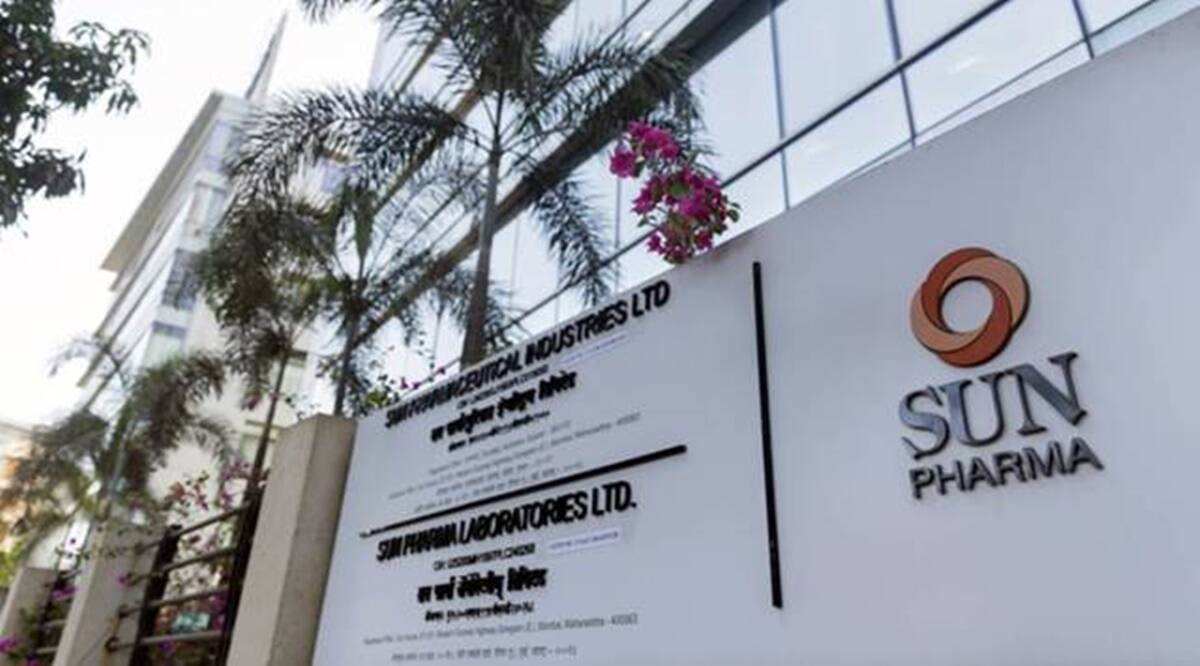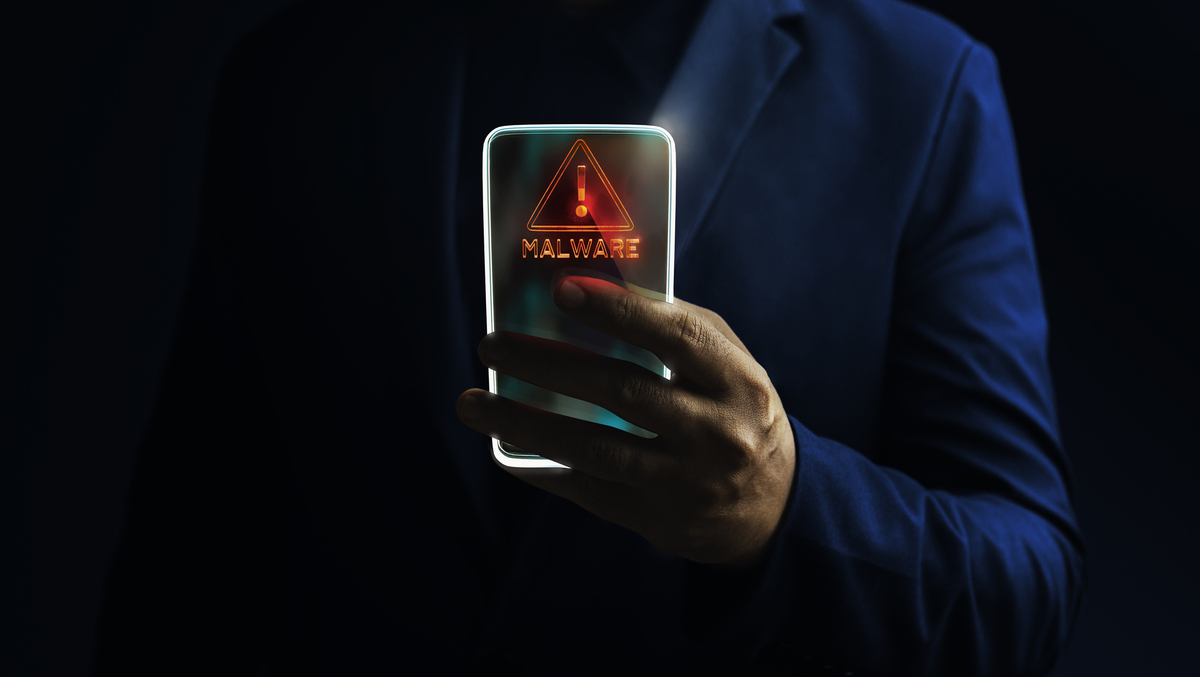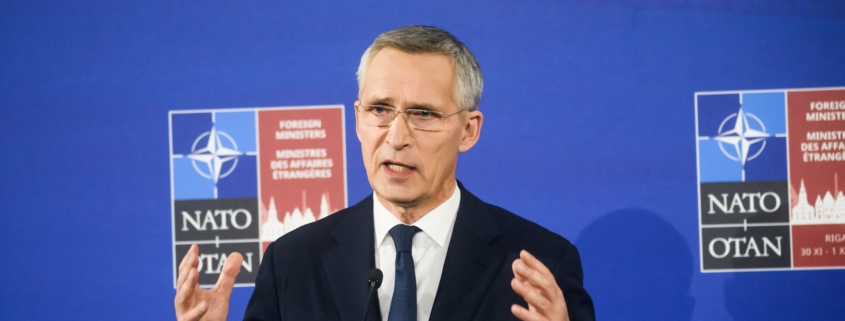Sun Pharma says revenue may decline as operations hit due to ransomware attack
India’s largest drug manufacturer Sun Pharma on March 26 said its revenue is expected to decline as the company’s operations have been affected due to a ransomware attack.
On March 2, the pharma major said an information technology security incident had occurred and impacted IT assets. A ransomware group was behind the attack, Sun Pharma said.
“The incident’s effect on the IT systems includes a breach of certain file systems and the theft of certain company data and personal data,” it said in a filing with the stock exchanges on late Sunday.
The Mumbai-based pharma company said it has isolated the network and initiated the recovery process as part of the containment measures.
“As a result of these measures, the company’s business operations have been impacted. Consequently, revenues are expected to be reduced in some of our businesses,” Sun Pharma said.
However, the company said it would incur expenses concerning the incident and the remediation.
Sun Pharma said it is unable to determine other potential adverse impacts of the incident, including but not limited to additional information security incidents, increased costs to maintain insurance coverage, the diversion of management and employee time, or the possibility of litigation.
Sun Pharma was up 0.44 per cent on Monday, trading at Rs 977 on BSE by 10 am.



